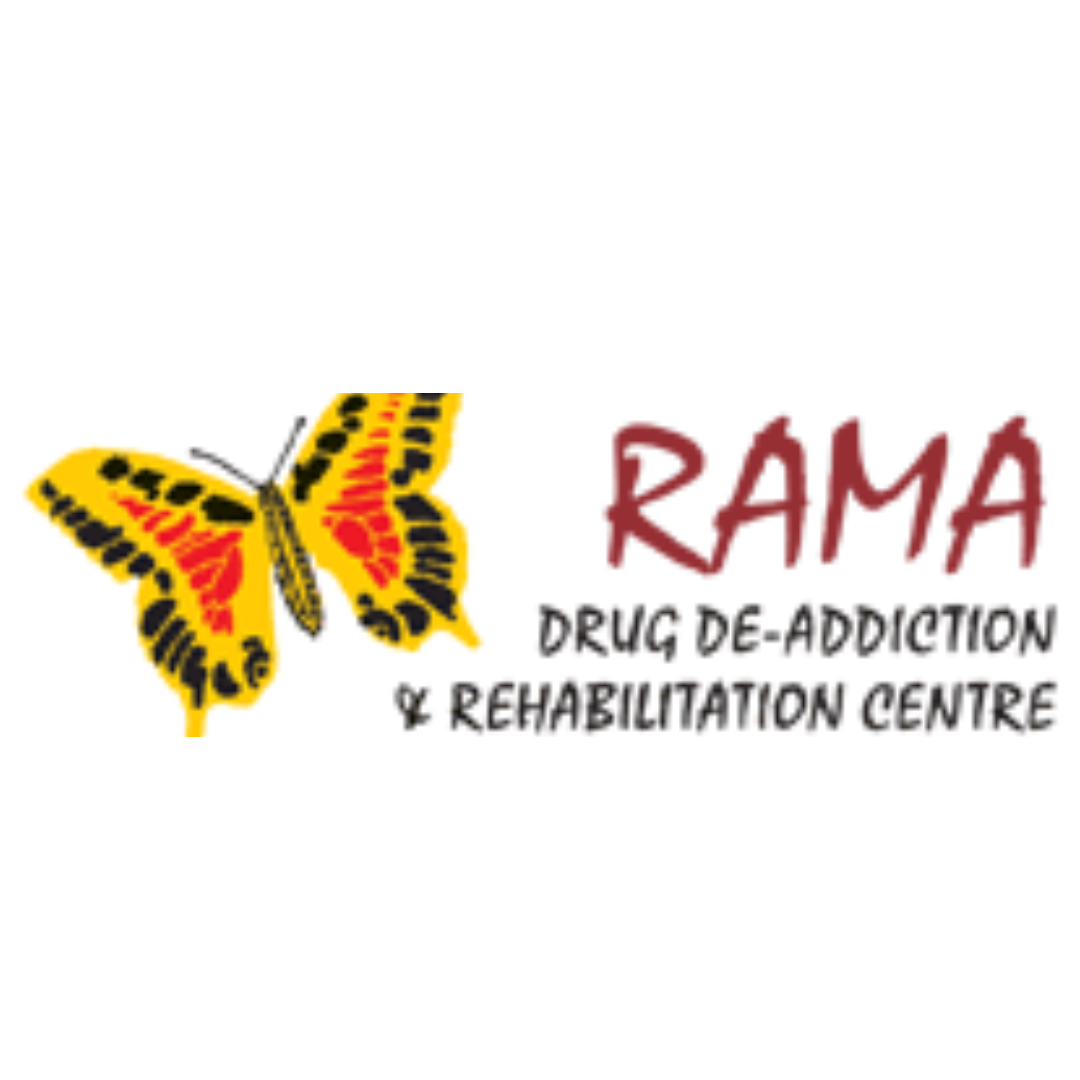The Science Behind Addiction: How It Affects the Brain
Addiction is a complex condition that affects millions of people worldwide. While many view addiction as a lack of willpower, scientific research has shown that it is a chronic brain disease that alters the brain’s chemistry and functioning. Understanding how addiction affects the brain can provide valuable insights into why individuals struggle with substance abuse and how recovery is possible.
The Brain’s Reward System and Addiction
At the core of addiction is the brain’s reward system, which is primarily regulated by dopamine, a neurotransmitter responsible for feelings of pleasure and motivation. When a person engages in enjoyable activities such as eating or exercising, the brain releases dopamine, reinforcing those behaviors. However, drugs and alcohol artificially stimulate dopamine production at much higher levels, creating an intense feeling of euphoria.
Over time, the brain adapts to these surges by reducing its natural dopamine production, making it harder for individuals to experience pleasure from everyday activities. This leads to increased substance use as a way to achieve the same high, contributing to the cycle of addiction.
How Addiction Alters Brain Structure
Substance abuse not only affects brain chemistry but also leads to structural changes. Key areas impacted by addiction include:
- Prefrontal Cortex: Responsible for decision-making, impulse control, and self-regulation, this part of the brain becomes impaired due to prolonged substance use. As a result, individuals find it difficult to resist cravings and make rational choices.
- Amygdala: This region is involved in processing emotions and stress responses. Addiction heightens sensitivity to stress and anxiety, which can lead to relapse when individuals try to quit.
- Hippocampus: Essential for memory and learning, the hippocampus can be negatively affected by substance abuse, leading to cognitive impairments and difficulty in forming new memories.
The Role of Tolerance and Dependence
Repeated substance use leads to tolerance, where higher doses are needed to achieve the same effects. As tolerance builds, dependence develops, meaning the body requires the substance to function normally. At this stage, withdrawal symptoms such as nausea, anxiety, and tremors occur when the substance is not used, making it harder for individuals to quit.
The Psychological and Emotional Impact
Addiction is not just a physical condition—it also affects mental health. Many individuals struggling with addiction experience:
- Increased anxiety and depression
- Emotional instability
- Impaired judgment and decision-making abilities
- Social isolation and strained relationships
These factors further reinforce substance abuse as a coping mechanism, making it essential to address both the physical and psychological aspects of addiction in treatment.
Can the Brain Recover from Addiction?
The good news is that the brain has the ability to heal and rewire itself, a process known as neuroplasticity. With proper treatment and support, individuals can gradually regain control over their brain function. Key components of recovery include:
- Detoxification: Eliminating the substance from the body under medical supervision
- Behavioral Therapy: Counseling sessions to address underlying triggers and develop coping strategies
- Medication-Assisted Treatment (MAT): In some cases, medications can help manage withdrawal symptoms and cravings
- Support Systems: Family involvement and peer support groups play a crucial role in long-term recovery
Conclusion
Addiction is a brain disease that affects both chemistry and structure, leading to behavioral and psychological changes. Understanding these effects is crucial for developing effective treatment plans and supporting individuals on their recovery journey. Facilities like Nasha Mukti Kendra in Mohali offer comprehensive rehabilitation programs that address both the physical and emotional aspects of addiction, helping individuals reclaim their lives and achieve lasting sobriety.
Addiction is a brain disease that affects both chemistry and structure, leading to behavioral and psychological changes. Understanding these effects is crucial for developing effective treatment plans and supporting individuals on their recovery journey. Facilities like Nasha Mukti Kendra in Mohali offer comprehensive rehabilitation programs that address both the physical and emotional aspects of addiction, helping individuals reclaim their lives and achieve lasting sobriety. Through a combination of medical treatment, counseling, and support systems, individuals can work towards long-term recovery and a healthier, addiction-free future.














Post Comment